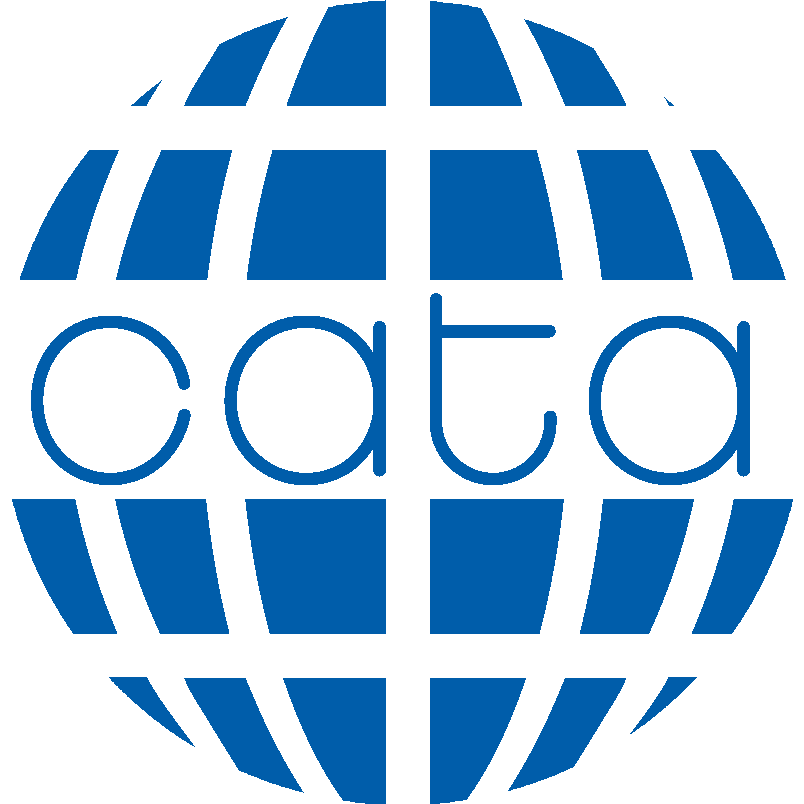Kenya: Strengthening data governance in East African revenue authorities
The rise of digital technology and popularity of web-based platform usage are fast altering how individuals, organizations, and governments all over the world function. This has increased the value placed on data as a precious resource as well as how data and information are gathered, analysed, used, and distributed. The East African Revenue Authorities (EARAs) are working to strengthen their data governance policies and practices to transform themselves into data-driven organisations.
The initiative is intended to build modern tax administrations that leverage on data for risk identification and profiling, to enable predictive analytics in understanding taxpayer behaviour and addressing compliance issues. The goal is to enable better usage of data for fact-based decision-making and to optimise revenue collection.
To achieve this goal, the East African Revenue Authorities have developed a harmonized data governance policy framework for the Region. The framework provides a template that guides the Revenue Authorities in developing individual policies and handling their own data. It seeks to ensure quality and integrity in how data are sourced, analysed and used across the Authorities. It also outlines all actors’ structure, roles, and responsibilities in the data governance and analytics value chain, as well as procedures to identify, map, document, foster access, dissemination, and use of data and organisational data resources for analytics and decision-making.
The Data Governance policy supports existing national and institutional policy and legal environment guiding its enforcement by the Revenue Authorities in their specific jurisdictions. As such, violations of the policy shall be dealt with through existing institutional mechanisms and country’s legal legislation.
A report by the East African Revenue Authorities Technical Committee (EARATC) highlighted that the East African Revenue Authorities are currently working on customizing the policy to suit their specific institutions and national laws. So far, the Kenya Revenue Authority (KRA) has completed development and sign-off of its individual policy for implementation. Other Revenue Authorities in the Region are still undergoing the process of development, review or consideration for approval.
The EARATC report was part of the deliberations by the East African Revenue Authorities Commissioners General (EARACGs) during their 50th biannual meeting to share experiences and address common challenges facing tax administrations in the Region. The 50th EARACGs Meeting was held from 16th to 17th February 2023 in Kampala, Uganda under the theme “Leveraging Technology and Data for Revenue Mobilization”.
By: Loice Akello, International Relations & Diplomacy Division, Kenya Revenue Authority (KRA)
